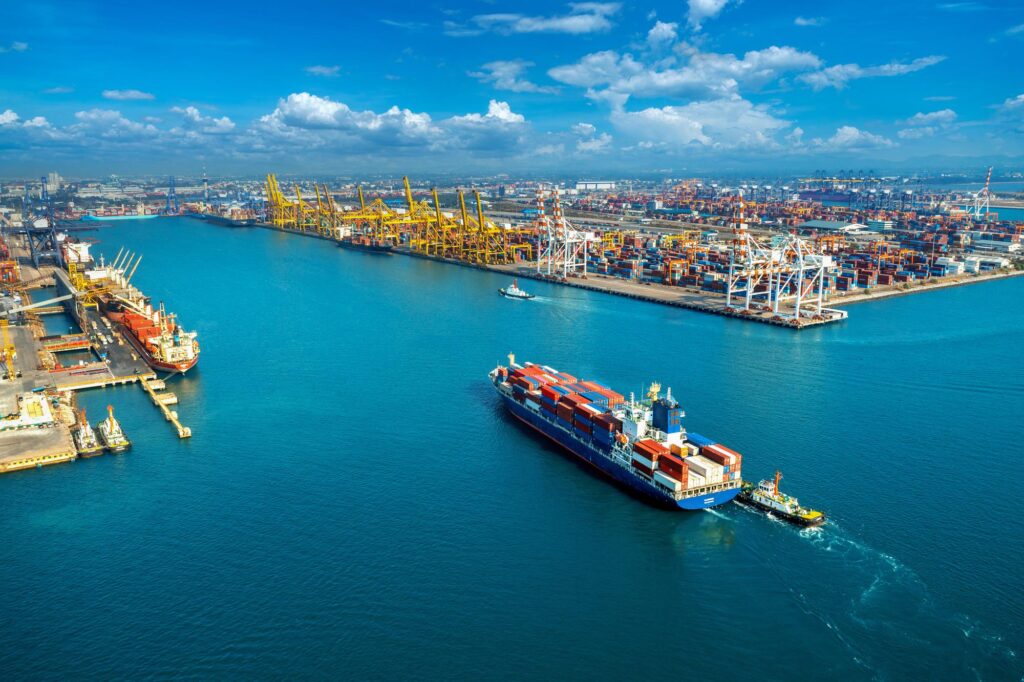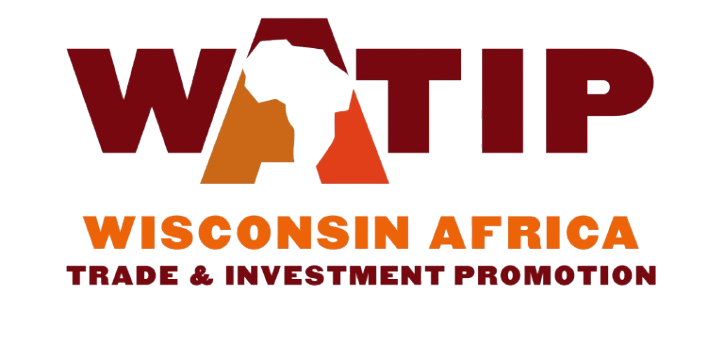Service
Discover solutions to meet your business needs. From expert consultations to strategic partnerships
Investing in Africa: The Business Case
With some of the fastest-growing economies in the world, African nations are playing an increasingly significant role in the global economy. The population is young and rapidly growing, and household incomes and consumption are projected to rise. Digital and mobile access is rapidly increasing, the infrastructure gap is closing, and Africa is primed for mass industrialization. Further, the U.S. Government has taken unprecedented steps to support investors. And with business environment reforms being made across the continent, the prospect of investing across Africa’s numerous and diverse countries is much different than it was in decades past. Despite the wealth of opportunities, doing business in Africa continues to be associated with real and perceived risks. Institutional and infrastructure barriers, risk and reward imbalances, and high transaction costs can make it difficult for U.S. investors including diasporas to find opportunities and close deals. Wisconsin Africa Trade & Investment Promotion – WATIP initiative to increase trade and investment between African nations and the United States, helps mitigate those challenges. Leveraging the tools of local connections and partnerships, WRAP provides investors with market insights, deal support, financing opportunities, and solutions for strengthening business climates

Exporting Goods and Services to African Markets
Africa is home to some of the world’s fastest-growing economies, playing an increasingly significant role on the global stage. The continent’s rapidly growing middle class—forecast to triple by 20301—represents a stronger labor pool and more purchasing power than ever before. The populations within African countries are young, growing, and increasingly urbanizing—and household incomes across the continent are on the rise. By 2030, Africa’s population will grow to roughly 1.7 billion2, and the continent will be home to one-fifth of the world’s population3. Given that Africa’s infrastructure gap is narrowing and the continent is primed for mass industrialization, U.S. businesses are well positioned to meet the increasing demand for goods and services. Despite the economic opportunity, companies also face challenges to doing business in African markets. A lack of infrastructure can present barriers to trade, and companies may need to vertically integrate to fill gaps in the value chain. There can also be high levels of competition from established firms or entrants with institutional support from their home governments. Businesses can also face information gaps about African markets. To help mitigate these challenges, WATIP initiative empowers U.S. businesses and Diasporas to export to African markets by offering market intelligence, and more.

Why Export to the USA?
The United States has the largest consumer market in the world, with more than 330 million people and a gross domestic product of over $20 trillion. African businesses across many sectors have opportunities to export to the United States, including those in sectors such as food and beverage, textiles and apparel, equipment and machinery, and more.
Although U.S. markets present massive economic opportunities, these markets can also be challenging to enter and navigate. For example, businesses seeking to export to the United States must meet high standards for product quality, comply with regulatory requirements, supply U.S. buyers with commercial volumes on reliable timelines, and meet consumer expectations.
The U.S. Government has taken unprecedented steps to strengthen trade through the African Growth and Opportunity Act, known as AGOA. Many African countries have beneficiary status under AGOA, which significantly reduces barriers for companies by providing duty-free entry into the United States for many products. Through the Prosper Africa initiative, the U.S. Government offers direct support and tools for African businesses seeking to enter or expand in U.S. markets.
The U.S. Government offers direct support to businesses in Africa, including:
- Matchmaking with potential partners.
- Help meeting international quality standards and certification requirements.
- Grants and financial assistance.
- Technical assistance (e.g., for business development, training on export requirements and U.S. quality standards).
Six Reasons to Invest in Africa
- Rapid Economic Growth
Africa hosts some of the world’s fastest-growing economies, such as Ethiopia, Rwanda, and Ghana. The continent’s GDP growth rates have consistently outpaced global averages, driven by urbanization, technological adoption, and expanding consumer markets. - Expanding Consumer Base
Africa has a young and growing population, with over 1.4 billion people. The middle class is expanding, creating opportunities in consumer goods, services, and technology sectors. - Rich Natural Resources
Africa is abundant in resources like oil, gas, minerals, and agricultural land. These resources present opportunities for investments in energy, mining, and agribusiness. - Technological Innovation
Africa is a hub for mobile technology and fintech innovation. Countries like Kenya and Nigeria lead in mobile money services, offering a springboard for tech-focused investments. - Growing Regional Integration
The African Continental Free Trade Area (AfCFTA) is the largest free trade area globally by number of countries. It reduces trade barriers, creating a single market of over a billion consumers and fostering intra-African trade. - High Return on Investment (ROI)
Many African markets offer higher ROI than more saturated markets. Sectors like infrastructure, real estate, and renewable energy have seen significant investment returns.
Investing in Africa provides opportunities to tap into a dynamic, diverse, and emerging global powerhouse. For further insights, organizations like the Corporate Council on Africa (CCA) and initiatives like Prosper Africa provide resources and data to guide investments.
Six Reasons to Invest in the United States
- The United States offers the largest consumer market on earth with a GDP of $20 trillion and 325 million people. Household spending is the highest in the world, accounting for nearly a third of global household consumption. At the same time, free trade agreements with 20 other countriesprovide enhanced access to hundreds of millions of additional consumers – and the United States continues to work with companies to increase opportunities for U.S. exporters.
The United States is a recognized leader in research and development (R&D), and registers more international patents than any other country. Today’s innovators are safeguarded by a robust intellectual property protection framework, while the innovators of tomorrow are nurtured at leading universities and incubators across the nation. Companies of all sizes help make innovation in the United States a global enterprise, benefiting from – and contributing to – a flourishing ecosystem for invention and inspiration.
The United States is consistently ranked among the best internationallyfor its overall competitiveness and ease of doing business. Backed by a regulatory environment that is particularly conducive to starting and operating a business, U.S. business culture encourages free enterprise and competition. As a stable democracy with a transparent and predictable legal system, all companies – regardless of national origin – compete on an even playing field.
The U.S. workforce is diverse, skilled, innovative and mobile – and U.S. workers are among the most productive in the world. Looking to the future, the United States has prioritized collaborative mechanisms with public and private-sector organizations to ensure that the workforce is able to meet the needs of a 21st century economy.
As the third largest nation by geography, the United States is home to vast and varied landscapes with abundant natural resources – including petroleum and natural gas. These diverse regions are connected by an expansive infrastructure network and services that help companies efficiently produce and move their products.
The United States hosts the most developed, liquid, flexible, and efficient financial markets in the world. A wide range of funding sources – from banks and investment firms to venture capitalists and angel investors – enable innovation and expansion, giving companies in the United States an important advantage.
